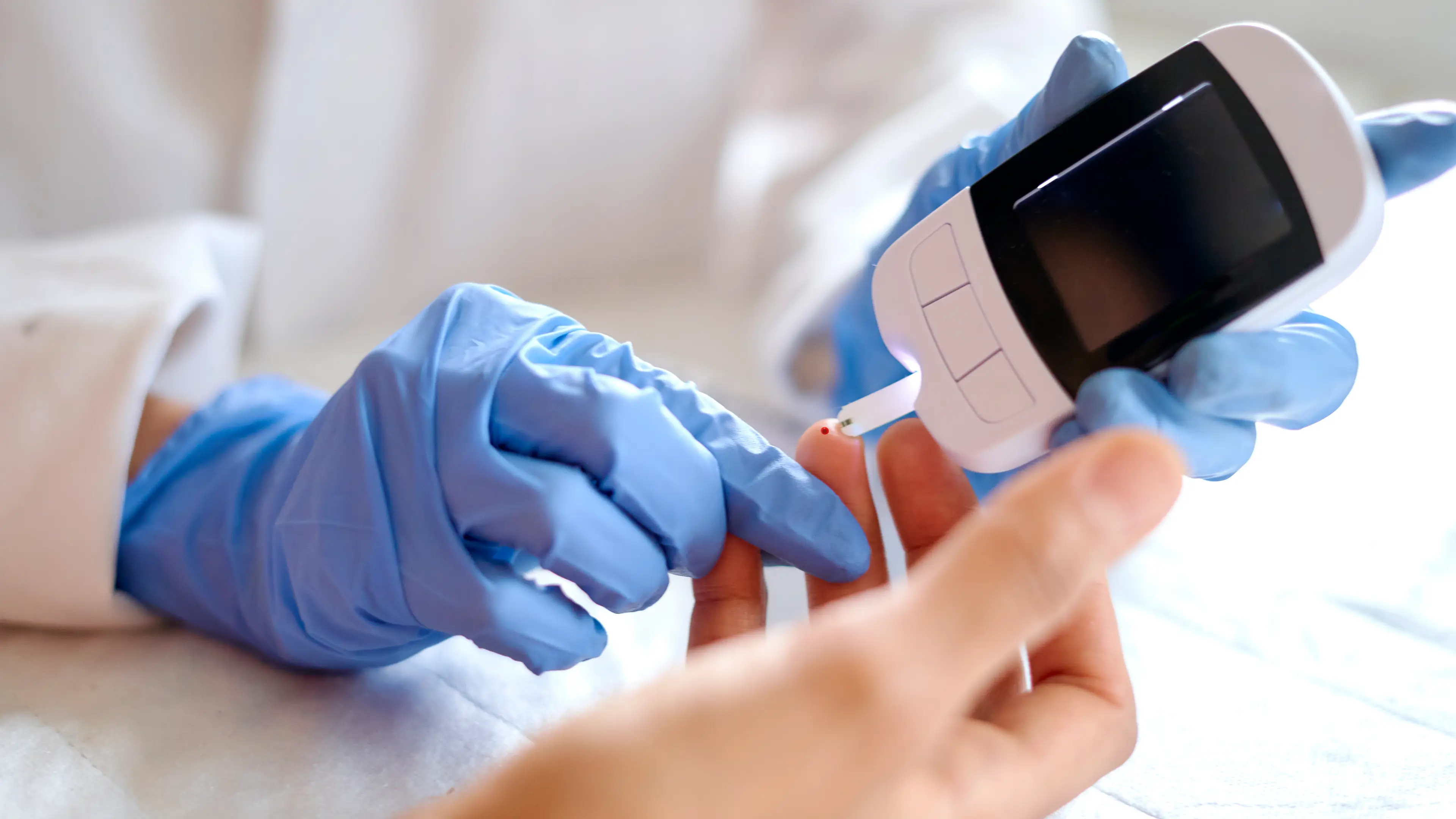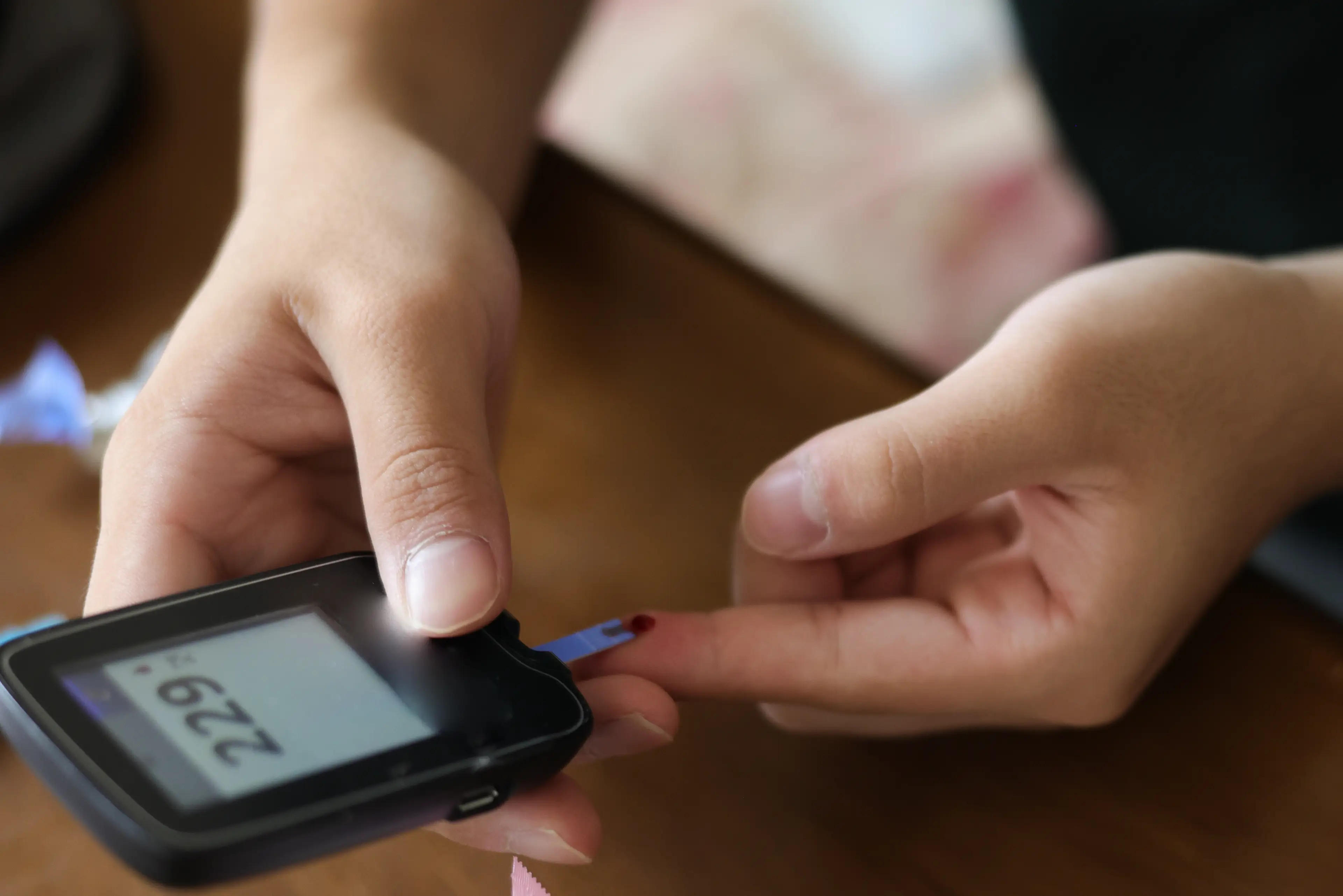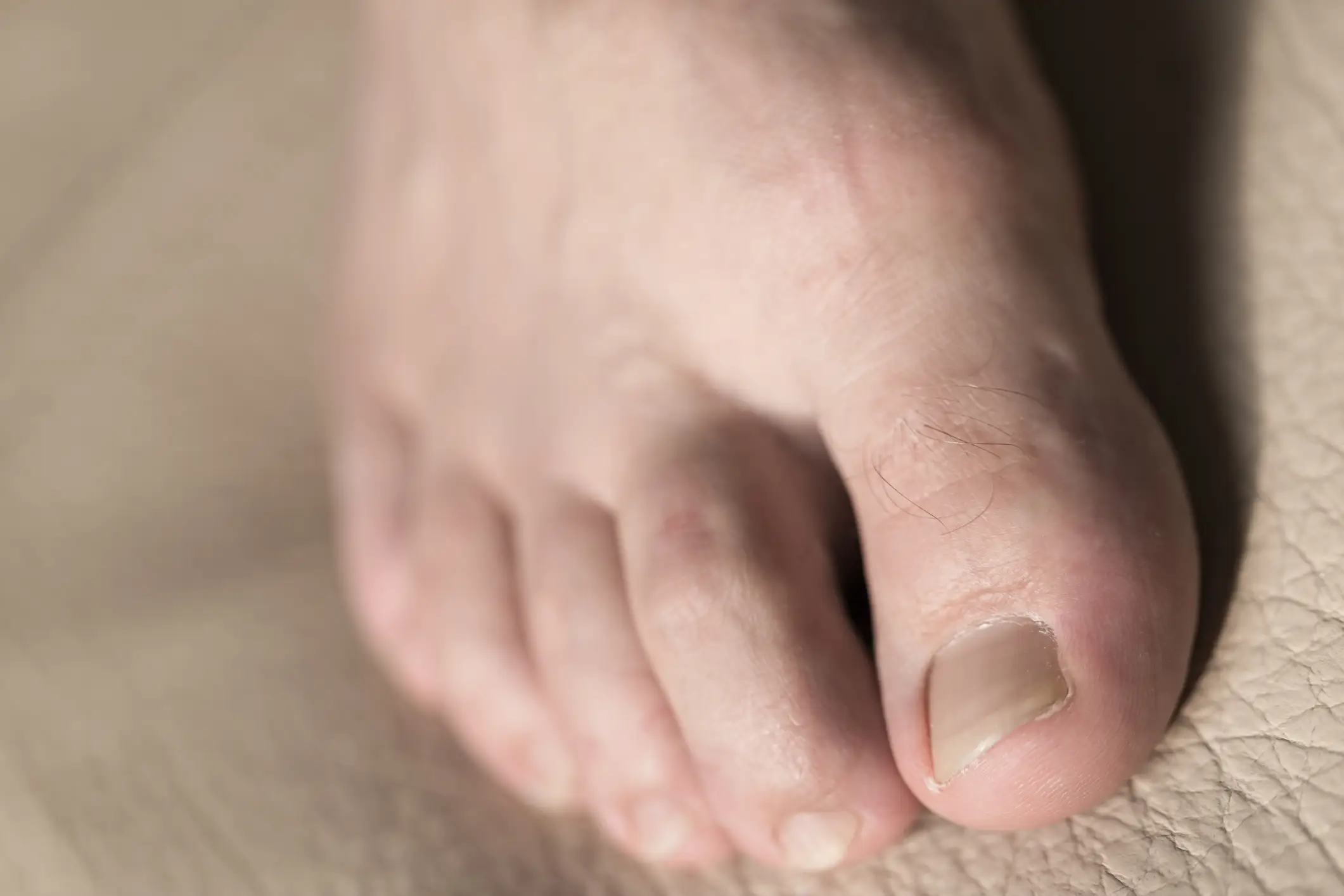
A health expert has urged people to pay close attention to their body, as he reckons one easily missing thing could be the key to catching diabetes early.
Dr Kenneth Harless has taken to TikTok to share his stark warning after previously being diagnosed with insulin resistance.
Insulin resistance refers to your body's cells not responding properly to the hormone insulin.
"So instead of keeping your blood sugar levels stable and within a healthy range, your blood sugar levels can rise," Diabetes UK explains in regards to insulin resistance.
Advert
This can put you at high risk of developing type 2 diabetes - and this can be life-threatening if it is not managed correctly.

According to the NHS, you can end up with hyperosmolar hyperglycaemic state (HHS) or diabetic ketoacidosis (DKA), both of which can be deadly.
As they say, prevention is better than cure, so the sooner you nip your type 2 diabetes in the bud, the better.
Dr Harless, a chiropractor from the US, claimed that our bodies often display an unusual symptom as the condition begins to take hold.
Much to the surprise of social media users, the TikToker explained 'why hair on your toes and feet matter', while drawing from his own personal experience.
"Hair on your toes and feet is a great sign biologically," Dr Harless said. "It means you're getting great circulation all the way down to the small follicles, to the hair in your toes.
"It takes strong circulation to get that blood all the way to those capillaries and the hair in your toes in your feet.
"When your body develops insulin resistance, it damages circulation patterns all the way to the nerves and the blood vessels at the hair follicle base. This will cut off nutrients to your skin and hair follicles [causing hair loss]."
The high blood glucose levels type 2 diabetics deal with on a regular basis can slowly damage the small blood vessels which supply the nerves in the body.
When these essential nutrients are unable to reach the nerves, the nerve fibres become 'damaged' and 'may disappear', according to Diabetes UK, and this is known as diabetic neuropathy.

It adds: "This can cause problems in many different parts of your body, depending on the type of nerve affected. The nerves carry chemical messages to and from the brain about what we can feel.
"When the nerves are damaged these messages can’t be sent properly which leads to a change in sensation or feeling. This can lead to feelings of numbness, tingling, burning, discomfort or shooting pains."According to Dr Harless, you can sometimes see this physically impact your body before you might feel it, and it will typically crop up on the lower legs and feet.
He claimed that patchiness, bald spots, or a sudden lack of hair in these areas is 'an early clinical sign of diabetic neuropathy'.
Referring to a 2019 study which found that hair loss was a good indicator of nerve damage linked to diabetes, Dr Harless continued: "The higher the diabetic neuropathy the person had, the more loss of hair on their feet and toes.
"It closely matches the severity of nerve loss. The more hair loss, the worse the neuropathy. And in some of the busiest diabetic clinics, this became the simplest and fastest way to diagnose diabetic neuropathy."
It has been well documented that diabetes can stunt hair growth and prompt hair loss - all over a person's body, rather than just your head.
So, whatever your opinion on body hair, make sure you're keeping tabs on yours.